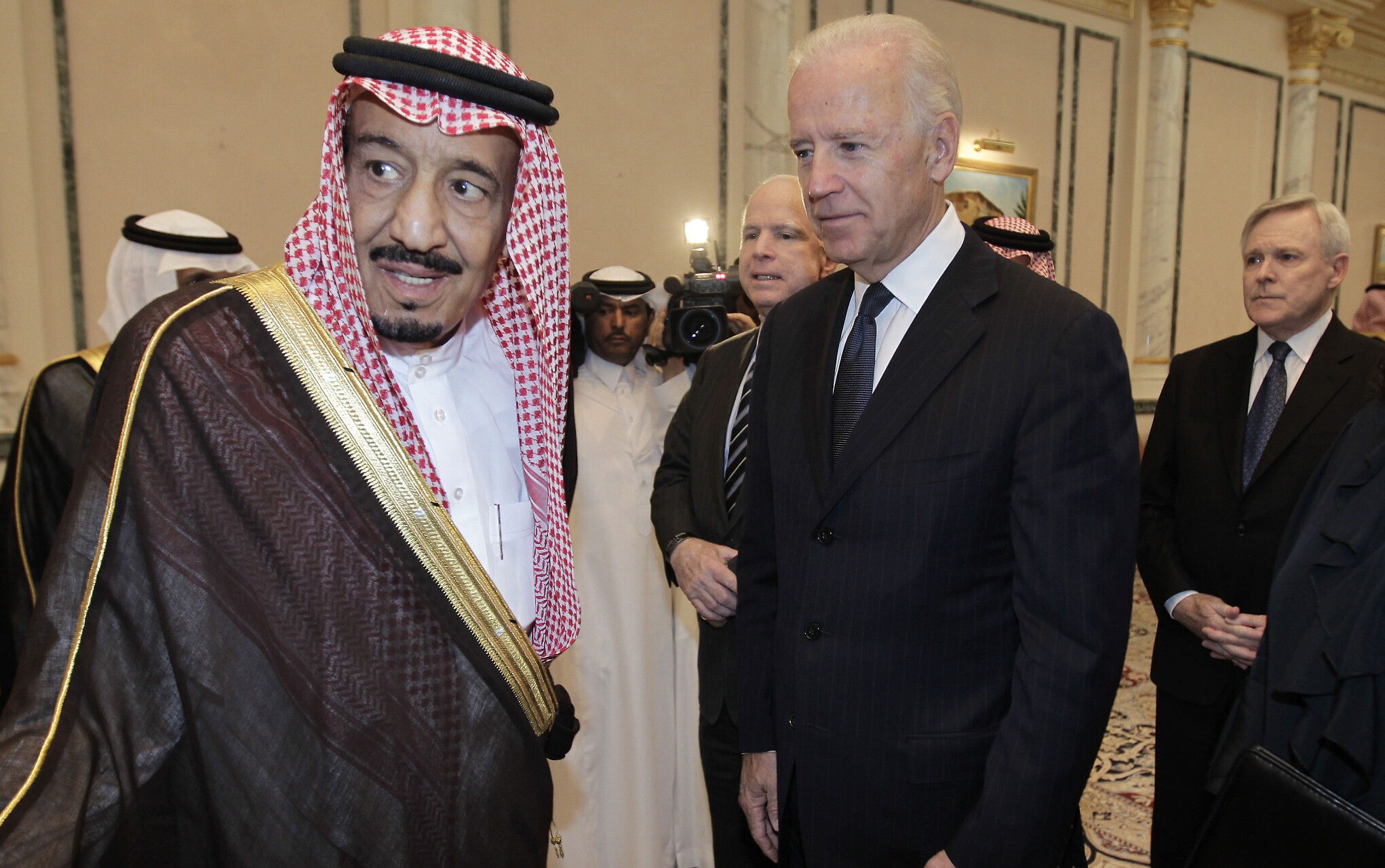Jafar Qanadbashi, in an interview with the website of the Strategic Council on Foreign Relations, referred to the impact of Trump’s defeat in the US elections on Washington’s relations with Arab capitals, especially Riyadh, and said: There is no doubt that Trump’s defeat in the US presidential elections as an influential event in the relationship between Riyadh and Washington, would urge Saudi officials to make new efforts to prevent possible losses in this regard.
The expert on the Middle East affairs said according to many Western officials as well as international analysts, Trump’s defeat and the re-emergence of Democrats in the United States in the form of an unexpected shock has put the Saudi government and its other Arab allies in a shaky position; an unexpected shock that would not only exposes their position to serious changes in West Asian region but also inside Saudi Arabia may encourage the opposition to take more anti-government actions.
He further continued: And while dozens of Saudi princes who have been imprisoned during Trump’s four-year presidency, upon the decisions of the Saudi Prince Mohammed bin Salman, are capable of playing the role of an alternative to the Saudi rule, especially to bin Salman and his father.
Noting that this unexpected shock will not be the only factor influencing and determining the political activities of Saudi officials in the coming weeks, Qanadbashi further remarked: There are other factors that will determine future changes in Saudi-US relations. The first factor is the unprecedented coalition formed during the Trump presidency between the United States and Israel and Saudi Arabia which, under the name of the Arab-Hebrew-Western triangle, played an extraordinary and unprecedented role in advancing common policies of Washington, Tel Aviv, and Riyadh.
Saying that it is clear that Trump’s defeat in the elections will put an end to the consolidated coalition and unprecedented cooperation in dealing with countries and groups opposing the United States, Qanadbashi said: The convergence and alignment of this coalition will not be able to continue like the past four years.
He cited Trump’s son-in-law, Kushner, as another influential and key factor and said: His role-playing areas will disappear during Biden’s presidency, and no one else will be able to converge and align the common policies of the aforementioned triangle, be influential in the advancement of their common policies as much as he did and also realize the intentions and plans of the Zionist circles by exploiting the Arab petrodollars and by relying on the US troops in the region.
Stressing that the Saudis will not lose only the US president as their biggest supporter during Biden’s presidency, he said: Rather, the Saudis will be deprived of the reassuring cooperation of the Zionist circles, as well as the benefits of a regional political and military coalition.
Further elaborating that the difference in the political outlook of the Democrats and the Republicans in the Middle East politics is a constant feature of American foreign policy, Qanadbashi said: These policies have become much more prominent with Trump’s personal characteristics over the past four years. Therefore, it is clear that the Saudi officials, in addition to the concerns mentioned above, are also worried about the implementation of policies that during Biden’s term will change the course of developments in the region to their detriment and expose the current precarious position of Saudi Arabia in the region to further losses and shortcomings.
He added: It is as if Bin Salman’s movements in recent weeks and his meetings with various political and media officials reflect the strong concern of the officials in Riyadh.
According to the expert, Mohammed bin Salman and his advisers in Saudi Arabia hope that the position of their petrodollars in the huge arms purchases, as well as many problems of the United States in continuing its presence in the West Asian region, will make Joe Biden, like previous US presidents, show maximum support to the Saudis, and these concerns force Biden to refrain from chanting slogans used by the Democrat presidents in the past about the need for realization of democracy in the Middle East: A hope that in view of many experts will turn to despair and hopelessness.
Referring to the fact that the Saudi authorities have overlooked a very important factor in this hope and have looked to the future based on miscalculations, Qanadbashi said: That very important factor is the political weakness and severe economic problems of the United States which, with the expansion of black protests, the spread of Coronavirus in the United States, as well as crippling electoral disputes, has targeted the US authority and capabilities and normally minimized the international influence of this global superpower.










0 Comments